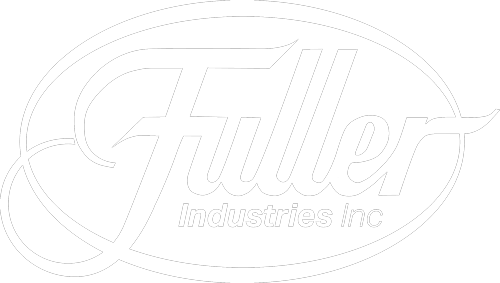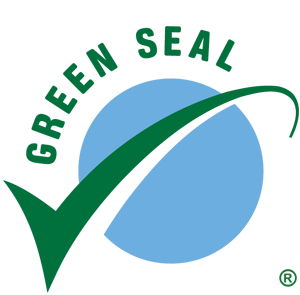Custom Twisted-In-Wire Brushes Meet Your Needs
One of our most popular brush designs is the twisted-in-wire brush. This style of brush is used in a range of industries, including laboratory work, industrial and agriculture cleaning, polishing, reaming, or finishing, and many more examples. Here at Fuller’s Custom Brush division, we have long set the standard for superior design, exceptional quality, and outstanding customer service. We strive to meet or exceed our customers’ expectations for quality, performance, and value. Our twisted wire brushes are an excellent example of our goals, because we find solutions that meet exacting specifications for OEM components, consumer applications, production parts, manufacturing processes, and various manual uses.
Understand the Differences of Twisted-In-Wire Brushes
Twisted-in-wire brushes are manufactured into various shapes using varying fill material. The fill material is twisted between two sections of wire to create a single-stem, single-spiral construction. The brush face can be manufactured up to 50 inches. Twisted-in-wire brushes are also known as twisted brushes, tube brushes, bottle brushes, and power cleaning brushes.
Twisted-in-wire brushes have fill, or bristle, material inserted between the two strands of a doubled wire stem, which is then twisted into a brush. To start making a twisted brush, we take a length of wire made of galvanized steel, stainless steel, or brass wire and bend it to double it. We then place the fill material between the top and bottom of the doubled-over wire and twist it up.
Common fill materials used in these brushes are either nylon, polyester, horsehair, brass, steel, or stainless steel. However, for brushes that will be used for more aggressive deburring actions and need an extended brush life, aluminum oxide filament or silicon carbide is used as the fill material.
Common applications of twisted wire brushes include cleaning, polishing, reaming, finishing, or removing debris on surfaces. Twisted wire brushes are used to clean medical and lab equipment and devices, parts in metal and automotive shops, or coils and piping. You may even use them at home to clean bottles or other containers, computers or electronics, or sporting equipment and firearms.
What Goes into a Custom Twisted-in-Wire Brush?
We have a variety of custom styles and materials to best fit our customers’ needs, as determined by the intended application. Customers should understand, we can completely customize twisted-in-wire brushes, including changing the length and diameter to suit any need. Factor in the different options of fill material and styles, and we can create nearly any custom twisted wire brush.
Think about the options that we can add into your brush, but don’t be overwhelmed. Our brush design team can help you create the brush you need. The brush face can be manufactured up to 50 inches long. Here are the considerations:
Base Wire Material: The base wire is the wire that is twisted from a selected material, including galvanized steel, stainless steel, or brass wire.
Fill Material: The fill material is twisted between two coated or stainless steel wires to create a single-stem, single-spiral construction. Our range of fill material includes:
- Bassine: Extremely useful for cleaning hard surfaces, including ceramic tile, terrazzo, linoleum and vinyl, and concrete.
- Goat hair: For a delicate touch, such as dusting, applying cosmetics, or forensics.
- Horsehair: This natural fiber is used for polishing and cleaning, and is less abrasive alternative than synthetic or metal fills. Horsehair is also often used dry in anti-static environments or for applying adhesives.
- Polyester: For applications that require a bristle with low water absorption, polyester is a good choice. It remains stiff, even in liquid, and is resistant to bacteria and microorganisms.
- Polypropylene: We call it polypro, and it resists water, retains its stiffness in wet or dry conditions, and is bio-resistant. The material is largely resistant to typically damaging industrial chemicals or solvents, as well as acids, alcohols, or oils.
- Tampico: Useful for light cleaning or scrubbing, this natural fiber resists heat and chemicals, yet is highly water absorbent. It’s a popular fill for bakery brushes.
- Stainless steel: Used in tool fabrication and finishing, this fill is resistant to corrosion and heat. Brushes made from this material also are used on conveyors and for heavy-duty cleanings, such as rust, corrosion, and paint removal.
- Steel: Steel is appropriate for use on surfaces that have varying texture and porosity, such as wood, metal, concrete, and stone. Fine bristles are suitable for polishing, while the stiffer wire is used to abrade or remove build-up or corrosion.
Style of Brush End: Style choices include cut, handle, and loop.
Style of Brush Tip: Style choices include bottle, cut, fan, loop, and fan tuft.
Fill out the form below to order your custom twisted-in-wire brushes, and contact us today with any questions. Our company is dedicated to providing outstanding customer service and high-quality custom brushes to meet your needs.




